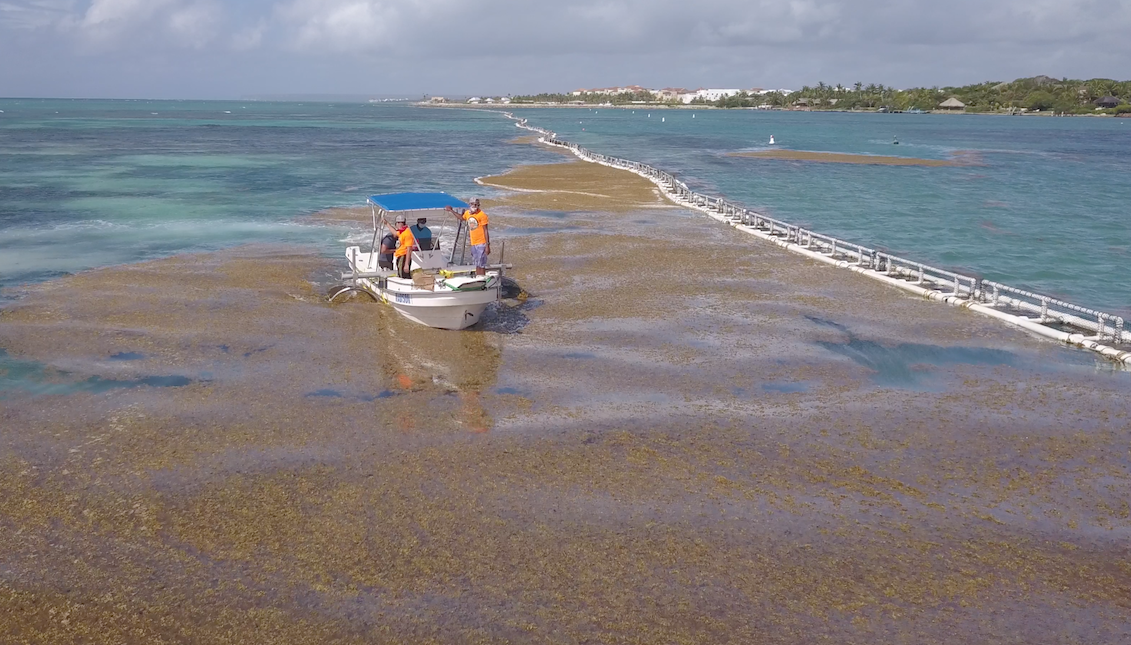
'They're Latinos, they're here'
Remembering Luis Ramírez's death in Shenandoah and what it taught us about Latino journalism.
Remembering Luis Ramírez's death in Shenandoah and what it taught us about Latino journalism.
Left, shenandoah townspeople who gathered to protest the arrest of the young men accused of killing Luis Ramírez refused to give David Cruz information because he was a Latino reporter. Right, Luis Ramírez's casket being readied for its flight and delivery to Mexico. No other media photographer was there for the early morning transfer. Foto: David Cruz/AL DÍA
The producers of a documentary about the Luis Ramirez killing in Shenandoah, Pa. in 2008 have been making the rounds of the morning news magazines this past week. Their movie —titled simply "Shenandoah"— is a look at the way the hate-crime against a Mexican immigrant impacted the Schuylkill County town and will be released in the fall.
The Shenandoah incident was the first of a number of stories about anti-immigrant violence that became national news, and the documentary's release is sure to stir the conversation about the climbing number of hate-crimes perpetrated against Latinos and the increasingly divisive debate about immigration policies.
For a number of people at Al Dia, the movie will do more than stir conversation. It will stir memories.
Photographer David Cruz and reporter Gustavo Martinez covered the Ramirez-Shenandoah story for Al Día back then. For a stretch, they were the only Latino journalists doing so. One day, Cruz recalls, the team parked the red Al Dia car just outside of town and walked in. They could overhear the mail carrier walking ahead of them on her cell phone. "They're here," Martinez remembers the woman saying, "they're here and they're Latinos."
It was a tough town for the Latino journalists to work. Those who had gathered with their anti "illegal aliens" signs to protest the arrest of the young men who had beaten Ramírez to death refused to give Cruz their names to be included in the captions under the photos. They had no such compunction when the photographers were non-Latinos, however, and Cruz got in the habit of hanging around the mainstream media photographers who were taking much the same shot so he could jot down the names.
He was also asked more than once whether he was a reporter for some Mexico City newspaper, because some of the townspeople could not conceive that Philadelphia would have a Spanish-language paper, or be interested in the doings in their town 105 miles northwest of the metropolitan hub.
"The townspeople would give us dirty looks," Martinez says. "One man told us that previous ethnic groups, like the Polish, had been targeted in their day. 'It's just the Mexicans' turn,' he said to me."
Both Cruz and Martinez, were called out by name and raked over the coals in a newsletter titled "Illegal Protest: American Citizens who are tired of the Illegal Alien Invasion." After being referred to as racists, the newsletter's writer said that Cruz and Martinez were on a "quest to INCITE RACIAL HATRED NOT UNIFY THE TOWN."
Thereafter, Cruz made sure to park the Al Día car next to a State Trooper vehicle whenever he was in Shenandoah, and Martinez admits he felt a bit uneasy walking the quiet, "lugubrious" streets of the town.
For Cruz, the most important part of the experience was understanding that if he and Martinez hadn't been there to cover the events as they occurred, there probably would not have been an understanding of who Ramirez was, and what his killing meant to the Shenandoah Latino community.
"I tried always to be neutral," Cruz says, "but I was proud that we were there to give Ramirez a voice."
Ultimately, that is the aspiration of Latino media in the U.S. — to give voice to those who more often than not get left out of the stories the mainstream media tells.
This is one of the reasons that the Al Día Foundation gives $40,000 in award money for the best U.S. journalism on Latino issues. So that our voices don't get lost in the shuffle, and so our stories — no matter how difficult the circumstance of their telling —will not be forgotten.









DEJE UN COMENTARIO:
¡Únete a la discusión! Deja un comentario.